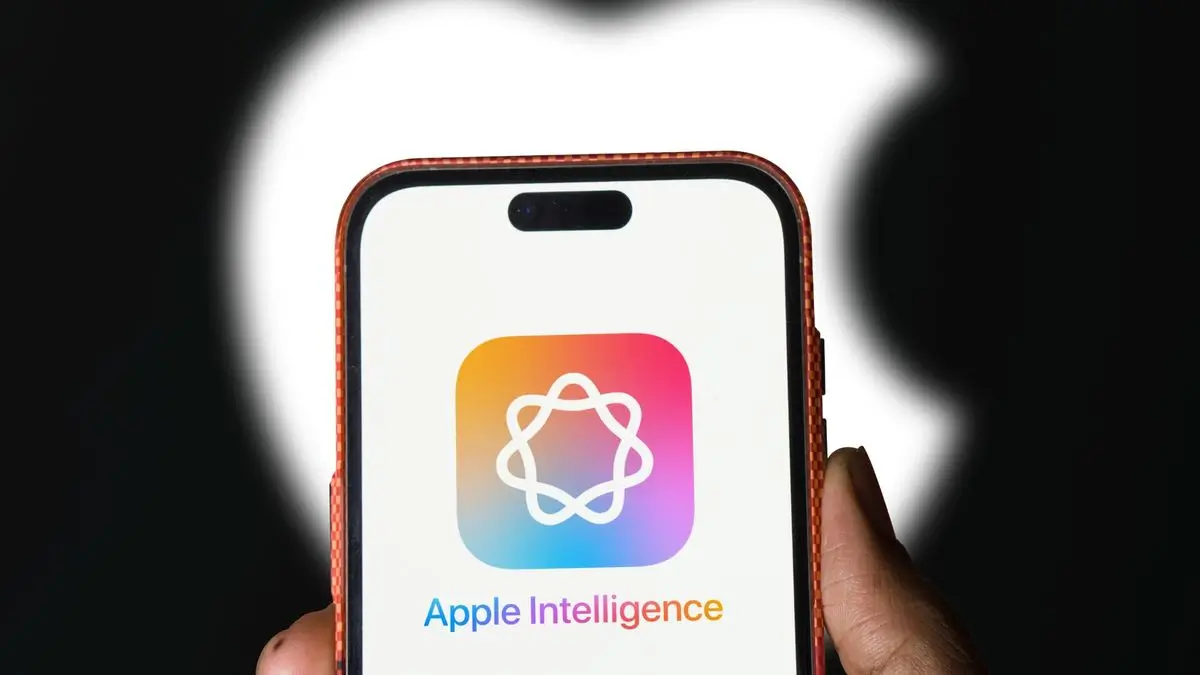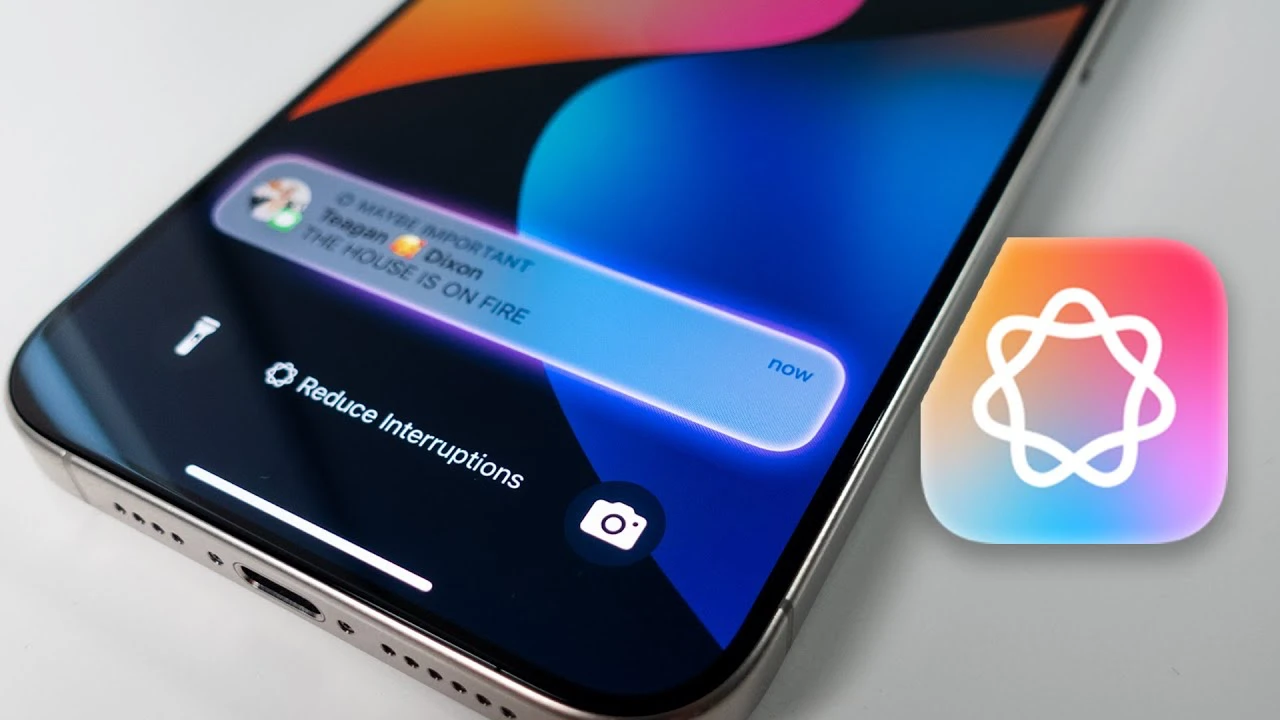Siri’s AI Upgrade Delayed to 2026: Apple Fans Left Waiting

- Apple has delayed the AI-infused Siri upgrade, now expected in 2026, later than initially planned for 2025.
- The delay involves Siri’s personal context awareness and app control features, part of Apple Intelligence.
- Apple remains committed to delivering a high-quality product, emphasizing privacy and security.
- This delay may impact user expectations, especially for those invested in Apple Intelligence-capable devices.
Apple’s much-anticipated AI-infused Siri upgrade has been postponed, with the company acknowledging that its ambitious plans will take longer to materialize than expected. Unveiled at the Worldwide Developers Conference (WWDC) in 2024, this smarter Siri promised groundbreaking features like personal context awareness and seamless app control. However, Apple recently confirmed to Daring Fireball that the rollout is delayed, with a new timeline pointing to “the coming year,” likely 2026. This development, further explored by CNET, has sparked curiosity about what’s causing the holdup and how it might affect Apple’s standing in the fast-evolving AI landscape.
Background of the Siri Upgrade
During the WWDC 2024 keynote on June 10, Apple introduced its vision for an enhanced Siri under the Apple Intelligence banner. The upgrade was set to transform Siri into a more intuitive assistant, capable of understanding personal context—like pulling details from your emails or calendar—and interacting with apps to perform tasks such as sending messages or booking reservations. While Apple didn’t specify an exact release date, the expectation was a 2025 debut, possibly tied to iOS 18 updates. These enhancements aimed to elevate Siri to compete with advanced AI assistants like OpenAI’s ChatGPT Voice Mode and Google’s Gemini Live, marking a significant leap from its current capabilities.
Reasons Behind the Delay
Apple’s official statement to Daring Fireball reads: “Siri helps our users find what they need and get things done quickly, and in just the past six months, we’ve made Siri more conversational, introduced new features like type to Siri and product knowledge, and added an integration with ChatGPT. We’ve also been working on a more personalized Siri, giving it more awareness of your personal context, as well as the ability to take action for you within and across your apps. It’s going to take us longer than we thought to deliver on these features, and we anticipate rolling them out in the coming year.”
CNET reports that this delay stems from technical hurdles and Apple’s unwavering commitment to privacy. The company’s Private Cloud Compute system, designed to handle AI processing securely, requires additional time to perfect, ensuring that user data remains protected while delivering a seamless experience. This cautious approach contrasts with some competitors who prioritize speed over security, but it’s a hallmark of Apple’s strategy to maintain trust and quality.
This admission is unusual for Apple, echoing past moments like the AirPower cancellation or the initial Apple Maps overhaul. Yet, it also underscores the company’s transparency in setting realistic expectations—a move welcomed by fans and analysts alike.
Impact on Users and the Tech Industry
The delay carries several implications:
- User Experience: For Apple fans who’ve been eagerly awaiting a more capable Siri—especially those with devices like the iPhone 16 that support Apple Intelligence—the extended timeline is a letdown. Many had anticipated a spring 2025 release, but now face a wait stretching into 2026.
- Competitive Edge: In the AI race, timing is critical. As CNET notes, competitors like Google and Amazon are forging ahead with their assistants—Google with Gemini and Amazon with Alexa+. Apple’s delay could widen the gap, though its focus on privacy might appeal to security-conscious users.
- Brand Reputation: On the flip side, Apple’s decision to prioritize quality over haste could bolster its reputation for delivering polished products. Past examples, like the refined Apple Maps, suggest that this delay might ultimately lead to a superior Siri experience.
Future Outlook for Siri and Apple Intelligence
Apple’s track record indicates that delays often precede excellence. The company remains dedicated to launching a high-caliber AI-infused Siri, likely in 2026, possibly alongside iOS 19. When it arrives, users can expect a virtual assistant that’s not only smarter but also deeply integrated into their daily lives, offering personalized responses and app-driven functionality.
In the interim, Apple has introduced smaller Siri enhancements:
- Conversational Improvements: Siri now handles dialogue more naturally.
- Type-to-Siri: Users can text queries instead of speaking.
- ChatGPT Integration: Broader knowledge access via OpenAI’s tech.
- Product Knowledge: Siri offers support for Apple devices.
These updates, while incremental, pave the way for the larger transformation. All eyes will be on WWDC 2025, typically held in early June, for potential previews or updates on Siri’s progress.
Apple's AI-Infused Siri Delay: Key Details
| Aspect | Details |
|---|---|
| Announcement | Revealed at WWDC 2024 on June 10, promising personal context awareness and app control. |
| Original Timeline | Expected in 2025, possibly with iOS 18 updates (e.g., spring 2025). |
| New Timeline | Delayed to "the coming year," likely 2026, confirmed on March 7, 2025. |
| Reason for Delay | Technical challenges and focus on privacy via Private Cloud Compute, as per CNET. |
| Current Features |
|
| User Impact | Longer wait for iPhone 16 and other Apple Intelligence users; mixed feelings of disappointment and anticipation. |
| Industry Context | Competitors like Google (Gemini) and Amazon (Alexa+) advance, but Apple prioritizes quality and security. |
| Next Steps | Updates expected at WWDC 2025 (June) and with iOS 19 release. |
Apple’s Statement and Transparency
Apple’s admission is rare, given its typically reserved approach to public delays. The full statement, as quoted in Financial Post, reads: “Siri helps our users find what they need and get things done quickly, and in just the past six months, we’ve made Siri more conversational, introduced new features like type to Siri and product knowledge, and added an integration with ChatGPT. We’ve also been working on a more personalized Siri, giving it more awareness of your personal context, as well as the ability to take action for you within and across your apps. It’s going to take us longer than we thought to deliver on these features and we anticipate rolling them out in the coming year.” This transparency, while appreciated, sets new expectations for users who have been eagerly awaiting these enhancements, especially those with devices capable of running Apple Intelligence.
Current Features and Recent Enhancements
Despite the delay, Apple has not been idle. Recent updates to Siri, detailed in idownloadblog, include:
- More conversational interactions: Siri now engages in natural, back-and-forth dialogues, improving user experience.
- Type-to-Siri: Allowing text-based queries, useful in quiet environments or for accessibility.
- Product knowledge: Siri can provide detailed support for Apple products, aiding troubleshooting.
- Integration with ChatGPT: This enables Siri to leverage ChatGPT’s vast knowledge base for complex queries, enhancing its utility.


Michael David is a forward-thinking AI content creator and Cambridge University graduate. Skilled at crafting concise, engaging narratives, he merges creativity with emerging technology to captivate audiences worldwide.
Michael provides specialized writing, content strategy, and portfolio curation for tech-focused brands. With a sharp eye for detail, he delivers timely projects that elevate brand presence and spark genuine reader engagement.
 [email protected]
[email protected]









